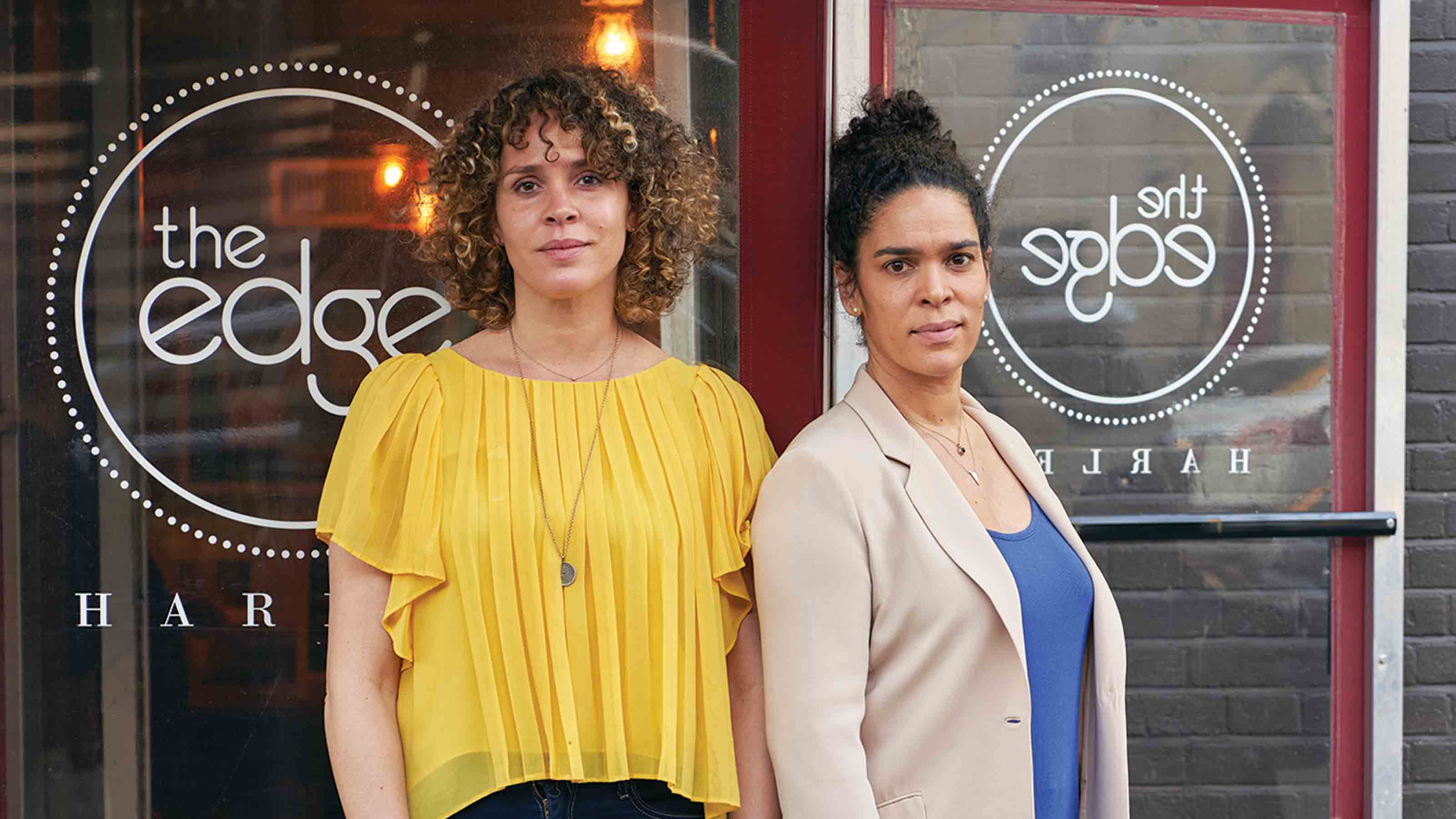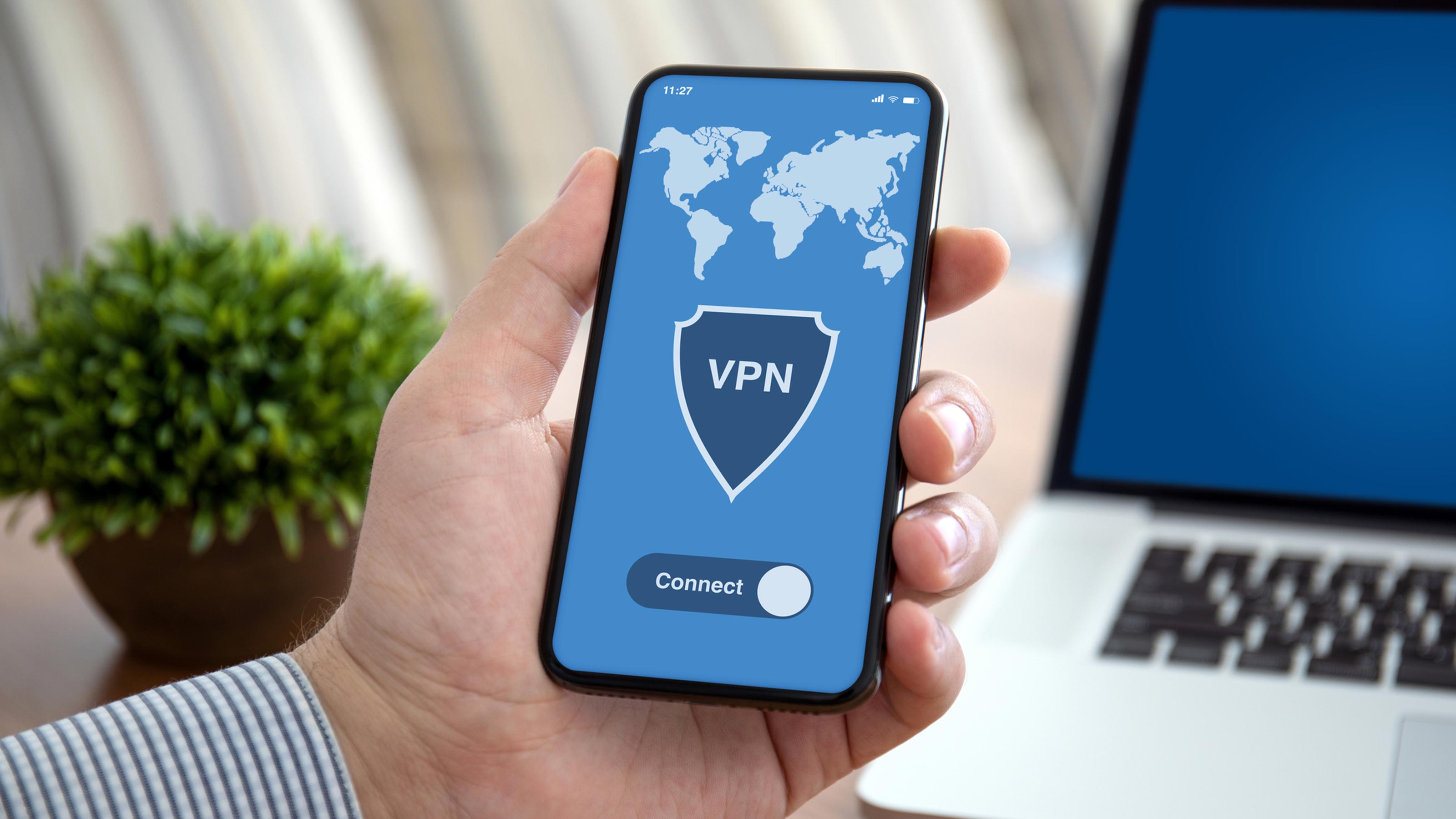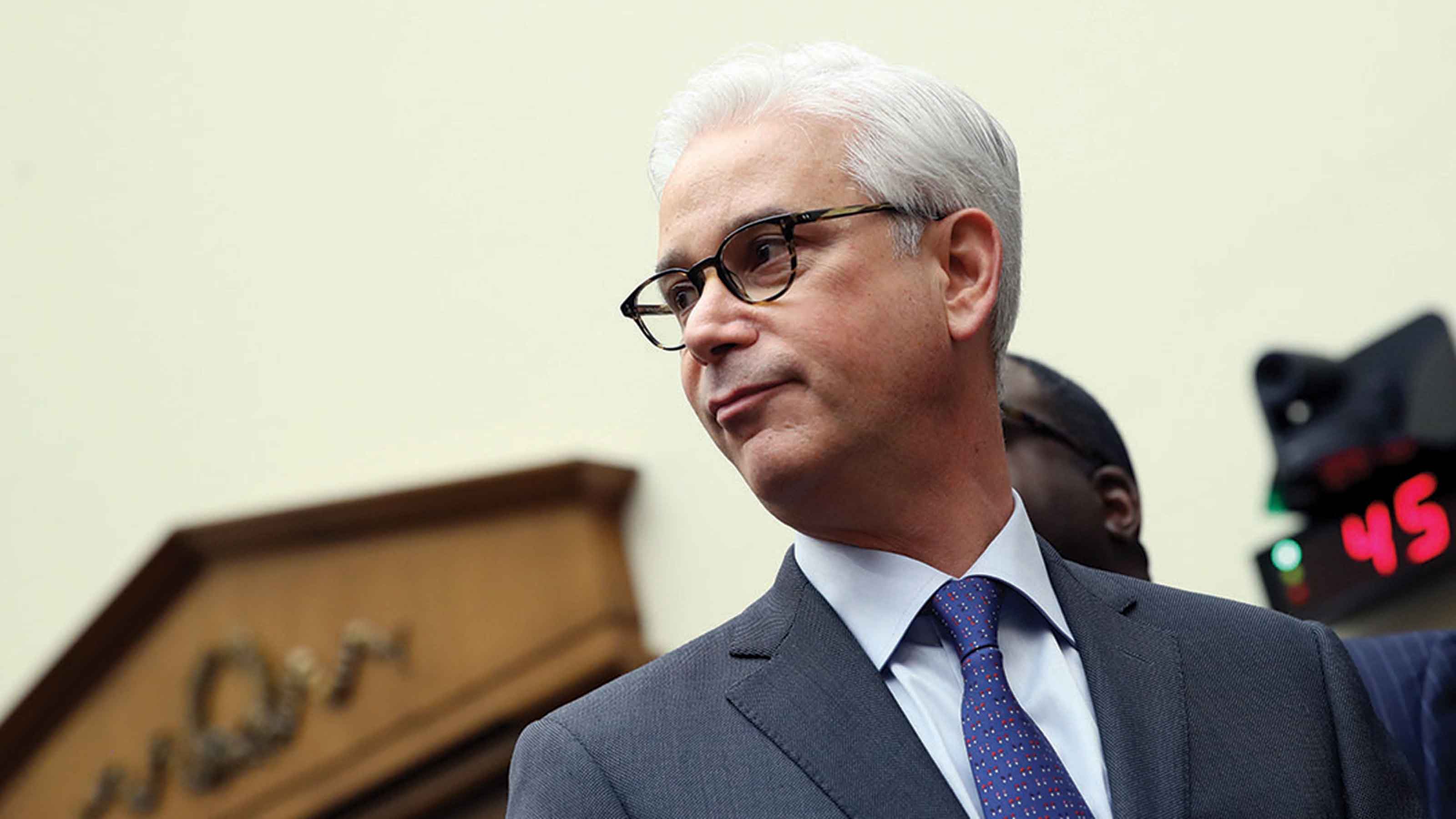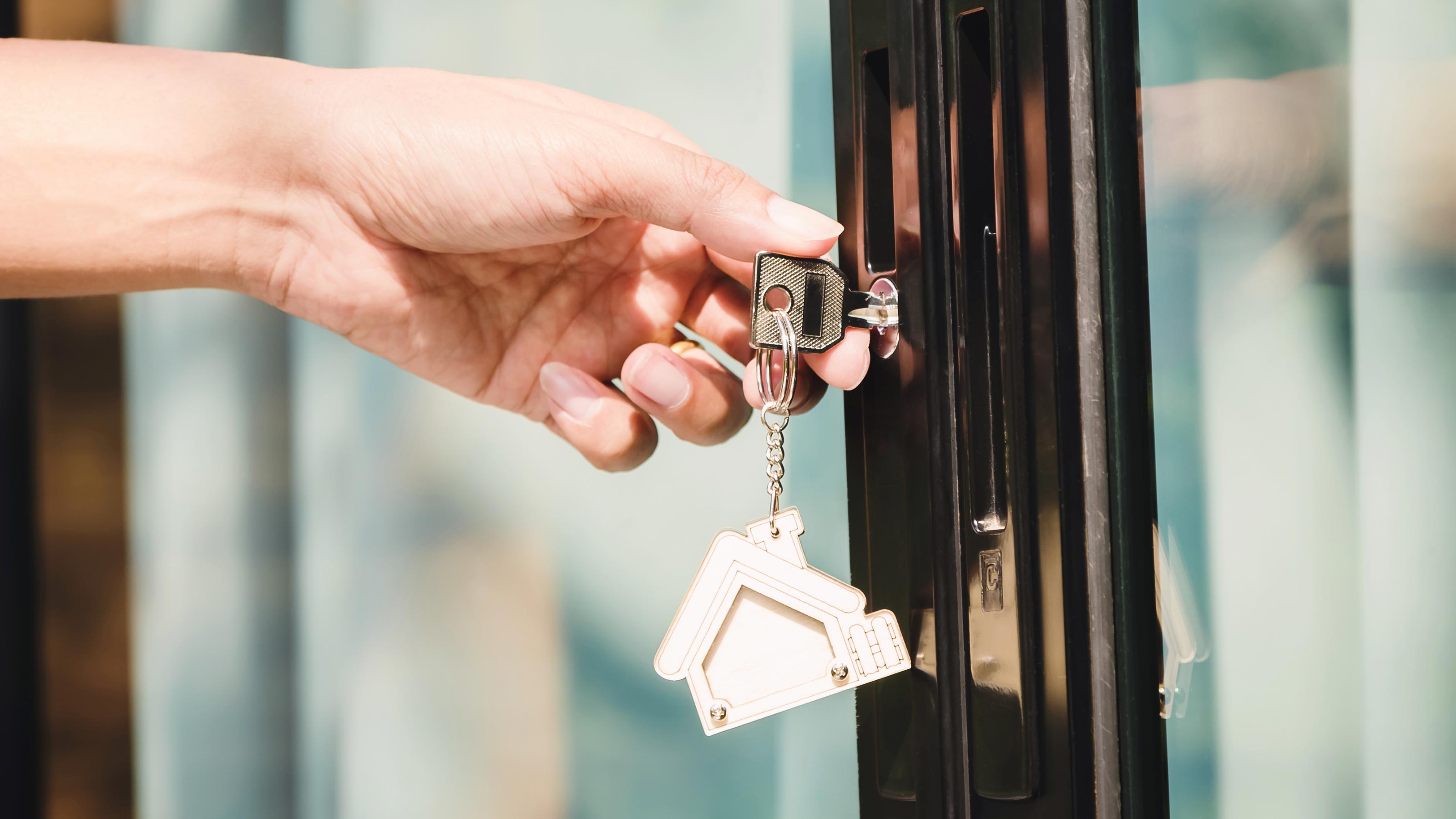Profit and prosper with the best of Kiplinger's advice on investing, taxes, retirement, personal finance and much more. Delivered daily. Enter your email in the box and click Sign Me Up.
You are now subscribed
Your newsletter sign-up was successful
Want to add more newsletters?

Delivered daily
Kiplinger Today
Profit and prosper with the best of Kiplinger's advice on investing, taxes, retirement, personal finance and much more delivered daily. Smart money moves start here.

Sent five days a week
Kiplinger A Step Ahead
Get practical help to make better financial decisions in your everyday life, from spending to savings on top deals.

Delivered daily
Kiplinger Closing Bell
Get today's biggest financial and investing headlines delivered to your inbox every day the U.S. stock market is open.

Sent twice a week
Kiplinger Adviser Intel
Financial pros across the country share best practices and fresh tactics to preserve and grow your wealth.

Delivered weekly
Kiplinger Tax Tips
Trim your federal and state tax bills with practical tax-planning and tax-cutting strategies.

Sent twice a week
Kiplinger Retirement Tips
Your twice-a-week guide to planning and enjoying a financially secure and richly rewarding retirement

Sent bimonthly.
Kiplinger Adviser Angle
Insights for advisers, wealth managers and other financial professionals.

Sent twice a week
Kiplinger Investing Weekly
Your twice-a-week roundup of promising stocks, funds, companies and industries you should consider, ones you should avoid, and why.

Sent weekly for six weeks
Kiplinger Invest for Retirement
Your step-by-step six-part series on how to invest for retirement, from devising a successful strategy to exactly which investments to choose.
Are you frustrated by the way airlines set their prices, with extra fees for baggage checking and early check-in that used to be part of the basic ticket price? Well, fasten your seat belts: The practice is spreading to other industries as well.
SEE ALSO: The Inflation Threat
You’ve already seen such à la carte pricing in hotel bills, which these days are packed with resort fees and hefty charges for parking, using exercise rooms and other perks that once were included in the basic room rate.
From just $107.88 $24.99 for Kiplinger Personal Finance
Become a smarter, better informed investor. Subscribe from just $107.88 $24.99, plus get up to 4 Special Issues

Sign up for Kiplinger’s Free Newsletters
Profit and prosper with the best of expert advice on investing, taxes, retirement, personal finance and more - straight to your e-mail.
Profit and prosper with the best of expert advice - straight to your e-mail.
But price watchers like Jean-Manuel Izaret, who monitors such practices for the Boston Consulting Group (BCG), say that “unbundling,” as it’s known in the trade, is about to spread to a variety of industries. Banks and wireless telephone companies are ramping up their unbundling, and this will soon spread from automobile sales to security systems and even home mortgages.
Businesses that are facing stiff price competition—particularly those in “mature” industries, where the product no longer is novel—will find à la carte pricing especially attractive, Izaret says. Cost pressures and price competition forced airlines to drop many perks after deregulation. They got them back by unbundling them, he says.
Unbundling is a good way to make it appear that a company is holding down prices while it boosts revenues by selling some services as extras. Depending on the airline, for example, individual charges for services such as checking extra bags, which used to be part of the basic ticket price, can boost the fare by more than 50%.
Airlines are finding that profit margins on the sale of “extras” often are larger than those on basic transportation fares. Such à la carte pricing is a reversal from earlier practice, where prices included individual perks ranging from meals and pillows on airlines to exercise treadmills and parking at hotels. Plane tickets and room reservations were fully refundable.
Customers who didn’t use these perks subsidized the others. Practices such as making ticket purchases nonrefundable enable firms to shift the cost of no-shows and other business risks directly to the customer, reducing losses for the company.
But George Washington University economist Annamaria Lusardi warns that while the new systems reward those who want only the basic service without frills, price lists often are so opaque that they confuse—and anger—customers, many of whom believe they’re being nickeled-and-dimed or even gouged.
“As a consumer, you’re making a decision about a purchase when you don’t fully understand the price—so it’s not an informed decision,” Lusardi says.
Although the Labor Department says it tries to take the shift to à la carte pricing into account when it compiles the Consumer Price Index each month, the process isn’t foolproof. And economists say that, taken as a whole, the nickel-and-diming adds to the price pressures that consumers feel, which in turn affects consumer spending practices.
Switching to à la carte pricing is especially easy when it’s difficult for consumers to change vendors. “Once you’ve punched the button to buy an airline ticket, you’re not able to back out if the carrier charges you an extra $30 for your luggage,” BCG’s Izaret says. It’s the same with banking fees: “It takes a lot of work to switch banks,” he notes.
As a result, while consumers complained earlier this month when Bank of America and several other large banks disclosed plans to charge millions of customers monthly fees to use their debit cards—a service that previously had been provided free as an incentive—customers haven’t been leaving banks in droves because of it.
The banks say the charges are needed to offset new Federal Reserve limits on swipe fees—the charges that merchants pay banks each time a customer uses a debit card. Banks already are increasing the number of fees for a variety of services, such as providing extra printouts of monthly statements.
It isn’t clear yet which other industries will switch to à la carte pricing. Izaret says that, generally speaking, young industries—computer sales, online vendors such as Amazon, etc.—tend to offer bundled packages that include a variety of services in a single price. “You want to sell more to get the advantage,” he says.
For more mature markets, such as airlines, hotels and banks, mounting cost pressures—and, in some cases, deregulation—have made à la carte pricing more attractive, Izaret says. “So you unbundle [prices for] everything that isn’t being used or bought by everybody.”
Izaret expects the practice to take off as industries mature and cost pressures intensify in a low-inflation economy. After rising to 3.9% in the 12 months through September, consumer inflation is slowing, and Kiplinger forecasts that prices will rise only around 2% in 2012.
Profit and prosper with the best of Kiplinger's advice on investing, taxes, retirement, personal finance and much more. Delivered daily. Enter your email in the box and click Sign Me Up.

-
 Nasdaq Leads a Rocky Risk-On Rally: Stock Market Today
Nasdaq Leads a Rocky Risk-On Rally: Stock Market TodayAnother worrying bout of late-session weakness couldn't take down the main equity indexes on Wednesday.
-
 Quiz: Do You Know How to Avoid the "Medigap Trap?"
Quiz: Do You Know How to Avoid the "Medigap Trap?"Quiz Test your basic knowledge of the "Medigap Trap" in our quick quiz.
-
 5 Top Tax-Efficient Mutual Funds for Smarter Investing
5 Top Tax-Efficient Mutual Funds for Smarter InvestingMutual funds are many things, but "tax-friendly" usually isn't one of them. These are the exceptions.
-
 Airbnb Host Tells What It's Like
Airbnb Host Tells What It's LikeBusiness Costs & Regulation This Denver pharmacist began booking her ski condo a few months after the pandemic hit.
-
 Tough Times for a Family Business
Tough Times for a Family BusinessBusiness Costs & Regulation His dry-cleaning operation was rocked by the pandemic, but he is staying optimistic.
-
 IRS Gives Truckers a Tax Break in Response to the Colonial Pipeline Shutdown
IRS Gives Truckers a Tax Break in Response to the Colonial Pipeline ShutdownTax Breaks The tax penalty for using dyed diesel fuel for highway use is temporarily suspended.
-
 Reliving a Harlem Renaissance
Reliving a Harlem RenaissanceBusiness Costs & Regulation After a tough winter, two sisters look forward to reviving their restaurant’s business.
-
 Add a VPN to Surf the Internet Safely
Add a VPN to Surf the Internet SafelyTechnology To help you fight identity theft, consider adding a VPN.
-
 Stephanie Creary: Making the Case for Diversity on Corporate Boards
Stephanie Creary: Making the Case for Diversity on Corporate BoardsBusiness Costs & Regulation Adding underrepresented voices can improve a company’s bottom line.
-
 How We Lose When We Overlook Black Talent
How We Lose When We Overlook Black TalentBusiness Executives Comments from Wells Fargo CEO Charles Scharf (pictured) reflect a culture that tramples on clients’ trust and limits opportunities for people of color.
-
 Retirees, Create An Emergency Fund for Rental Property
Retirees, Create An Emergency Fund for Rental PropertyBusiness Costs & Regulation Build a cushion to protect your income from an unforeseen crisis.
